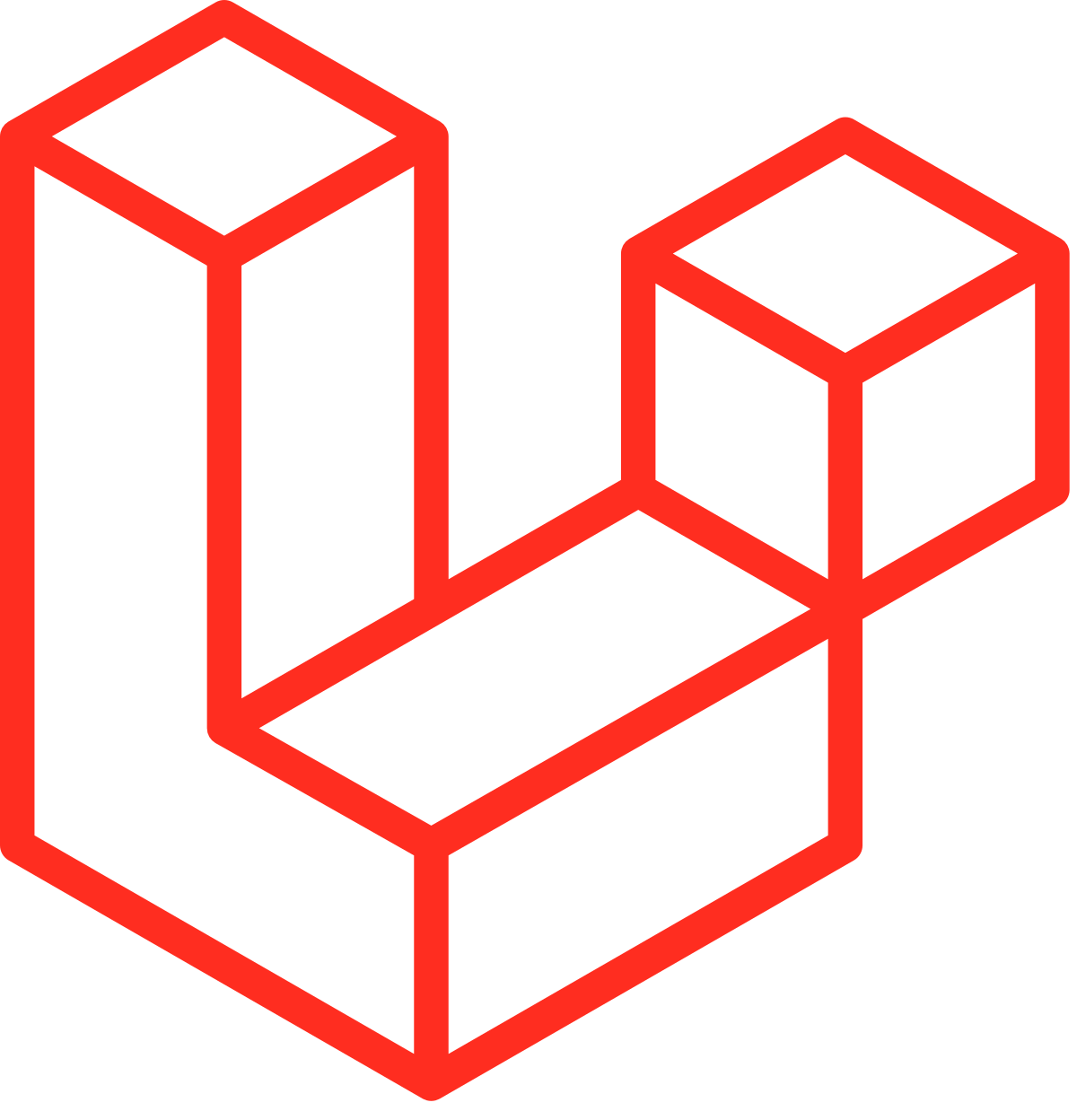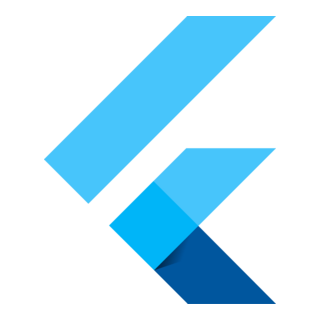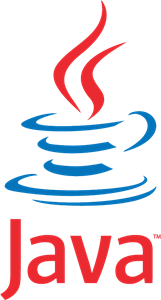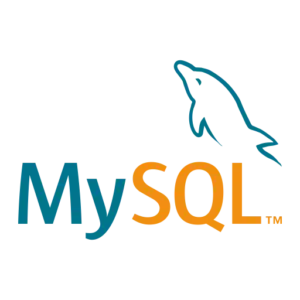LANGUAGE PROGRAMING & FRAMEWORK SKILLS
🌐 Web & API Development
HTML
A markup language used to structure content on the web, defining elements like headings, paragraphs, and links.

Laravel (PHP)
A PHP framework designed for building web applications, providing tools for routing, authentication, and database management.

Codeigniter (PHP)
A lightweight PHP framework that simplifies web application development, focusing on speed, flexibility, and ease of use.
Tailwind (CSS)
A utility-first CSS framework that allows rapid custom designs by applying predefined classes directly in HTML.
Bootstrap (CSS)
A popular CSS framework offering pre-designed components and responsive grid layouts to speed up web development.

Express (JS)
A minimal and flexible Node.js web application framework, providing robust features for building APIs and web applications.
React (JS)
A JavaScript library for building user interfaces using components, enabling efficient rendering and dynamic web experiences.

Flask (Python)
A lightweight Python web framework that supports rapid development, offering tools for routing, templating, and handling requests.
Drogon (C++)
A high-performance C++ web framework designed for building fast, scalable web applications and RESTful APIs with modern features.
Crow (C++)
A C++ microframework for web development, inspired by Python's Flask, enabling fast HTTP routing and lightweight API creation.
📱 Mobile Development

Flutter (Dart)
A UI toolkit from Google for building natively compiled applications for mobile, web, and desktop using a single Dart codebase.
🤖 AI Development
Tensorflow (Python)
A powerful open-source Python library for numerical computation and machine learning, widely used for building and training neural networks.

Transformers (Python)
A Python library by Hugging Face that provides pre-trained models for natural language processing tasks like translation, summarization, and question answering.

Llama-CPP (Python)
A Python binding for running LLaMA models efficiently using C++, enabling fast inference on local machines without needing a GPU.

Ultralytics (Python)
A Python library developed by Ultralytics for building, training, and deploying cutting-edge YOLO object detection models with ease and flexibility.
🎮 Game Development
Unity
A cross-platform game engine used for developing 2D, 3D, AR, and VR games and applications, offering a wide array of tools and an active community.
🖥️ Desktop Development
Wxwidgets (C++)
A C++ library for creating cross-platform GUI applications, offering native look and feel on Windows, macOS, and Linux.
Guna UI (VB.net)
A modern UI framework for VB.NET that simplifies the creation of visually appealing, responsive desktop applications with minimal code.
Bunifu UI (VB.net)
A UI framework for VB.NET that provides a collection of customizable, modern, and visually appealing controls for desktop applications.

Swing (Java)
A Java GUI toolkit that provides a set of components for building graphical user interfaces, offering flexibility and platform independence.

Flatlaf (Java)
A modern, flat look-and-feel for Java Swing applications, providing a sleek, minimalist design that enhances user interface aesthetics.
💾 Database

Mysql
A widely-used open-source relational database management system that stores, organizes, and retrieves data efficiently using SQL.
MongoDB
A NoSQL database that stores data in flexible, JSON-like documents, enabling scalable and high-performance applications.
Redis
An in-memory data structure store, used as a database, cache, and message broker, known for its high performance and support for various data types.
🔧 Tools
Figma
A cloud-based design tool used for creating user interfaces, prototypes, and collaborative design workflows in real time.

Blender
A powerful open-source 3D creation suite used for modeling, animation, rendering, simulation, and visual effects in films and games.
Subtance 3D Painter
A professional 3D texturing software used to paint detailed, realistic materials and textures directly onto 3D models in real time.
Visual Studio Code
A lightweight, open-source code editor developed by Microsoft, offering debugging, syntax highlighting, extensions, and Git integration for various programming languages.
Visual Studio
An integrated development environment (IDE) from Microsoft for building, debugging, and deploying applications across multiple platforms using various programming languages.
Android Studio
An official IDE for Android development, providing tools for building, testing, and debugging Android apps using Java or Kotlin.

Mongodb Compas
A graphical user interface (GUI) for MongoDB, providing an easy-to-use platform to visualize, query, and manage MongoDB databases.
Xampp
A free, open-source cross-platform web server solution stack package that includes Apache, MySQL, PHP, and Perl, making it easy to set up a local server environment for web development.
Inno Setup
A free script-driven installation system for Windows programs, allowing developers to create professional and customizable software installers.
Git
A distributed version control system that helps developers track changes in code, collaborate on projects, and manage source code history.

WSL 2
A compatibility layer for running Linux distributions on Windows, providing a full Linux kernel and enhanced performance for development tasks in a Windows environment.
Docker
A platform for automating the deployment, scaling, and management of applications in lightweight, portable containers, ensuring consistency across environments.
Postman
A popular API testing tool that allows developers to design, test, and document APIs, providing an intuitive interface for making HTTP requests and analyzing responses.
🖥️ Operating System

Windows XP, 7, 10, 11
A widely used operating system developed by Microsoft, offering a graphical user interface (GUI) and supporting a variety of applications for personal, business, and gaming use.
Debian & Ubuntu
Debian is a stable, open-source Linux distribution known for its reliability and extensive software repositories, while Ubuntu, based on Debian, is a user-friendly Linux distribution designed for ease of use and broad community support.
Android
An open-source mobile operating system developed by Google, widely used for smartphones, tablets, and other smart devices, with a vast app ecosystem.